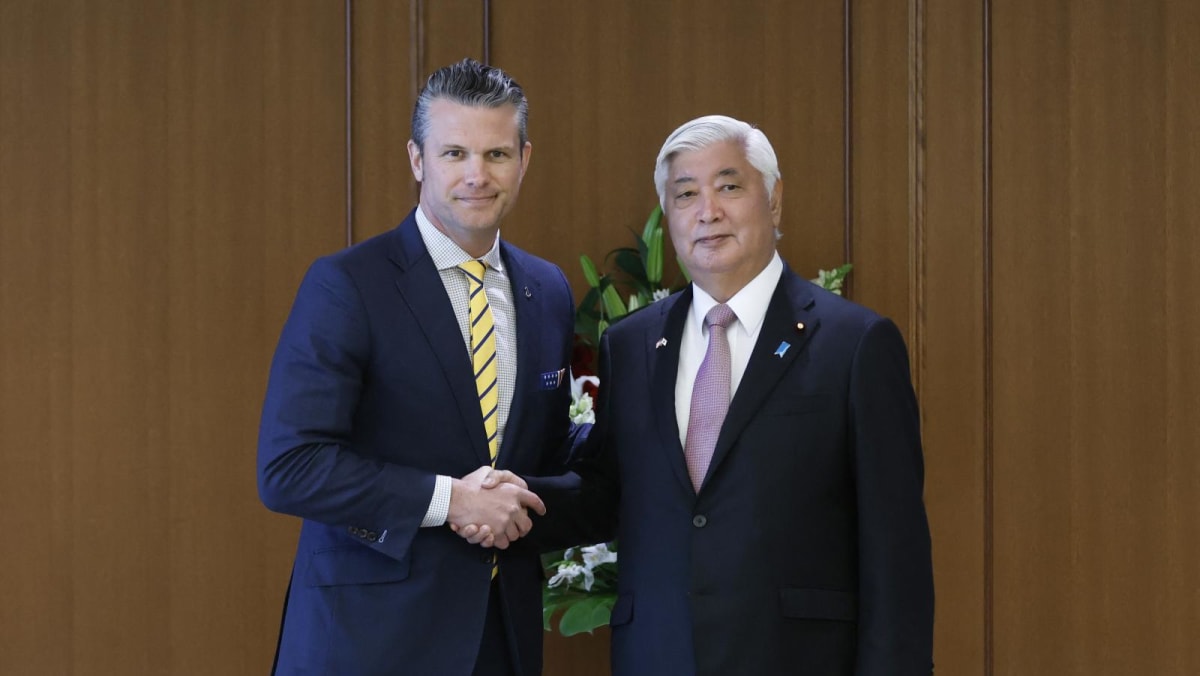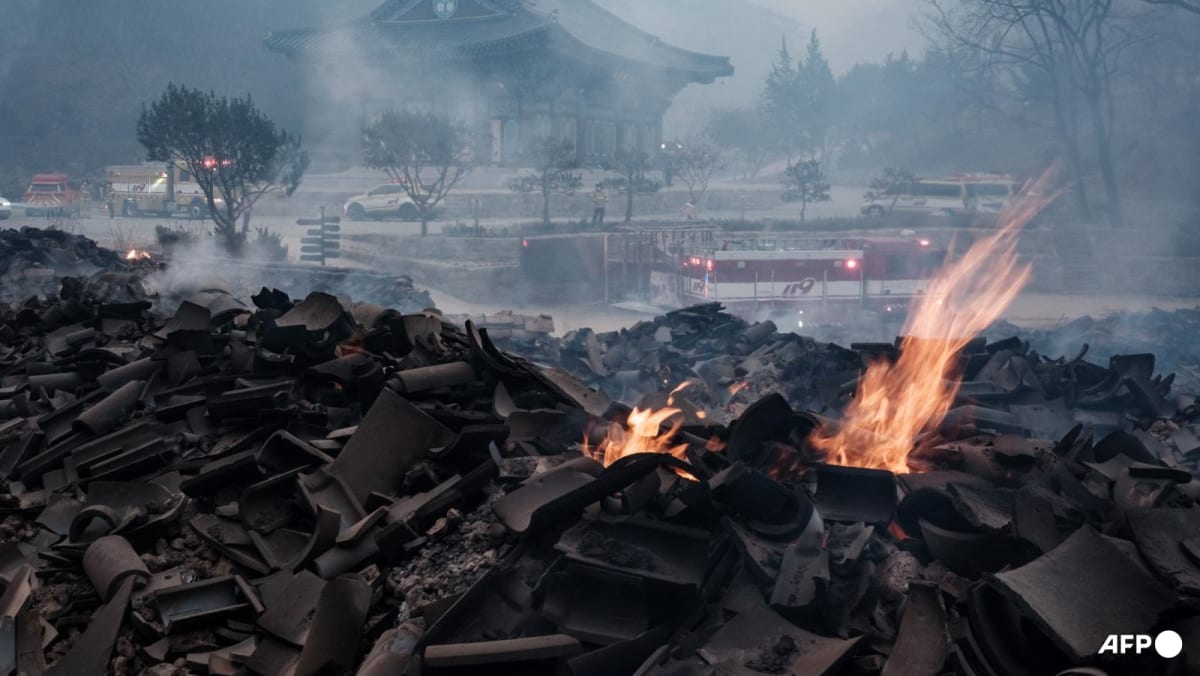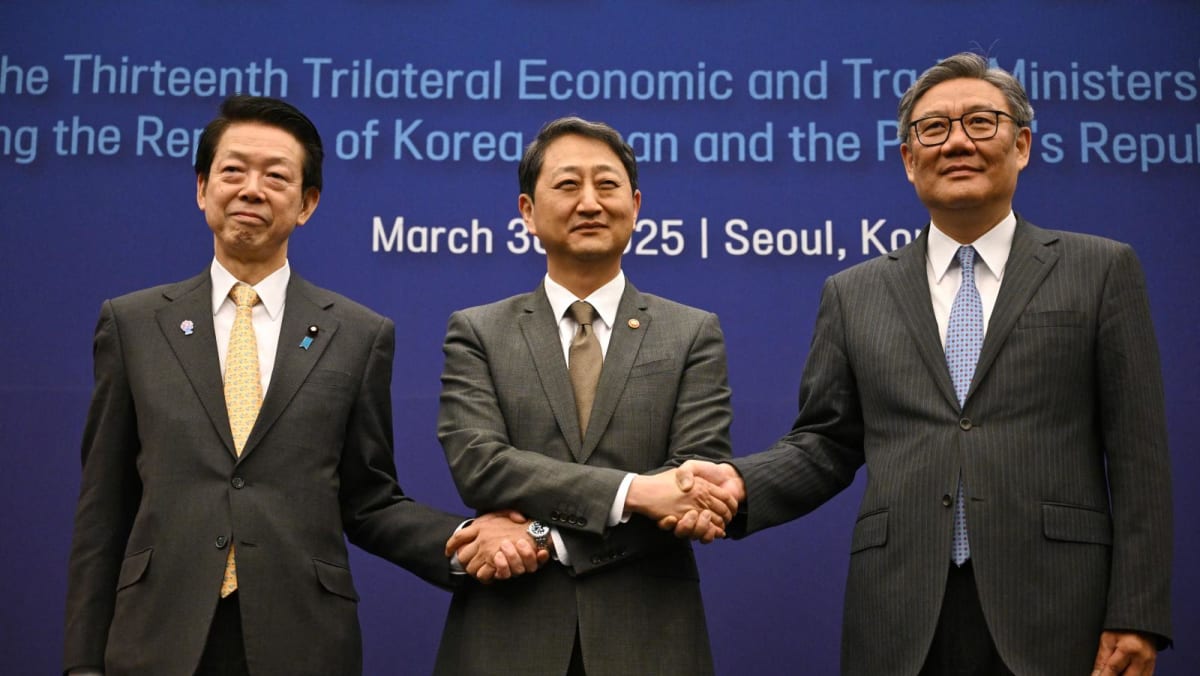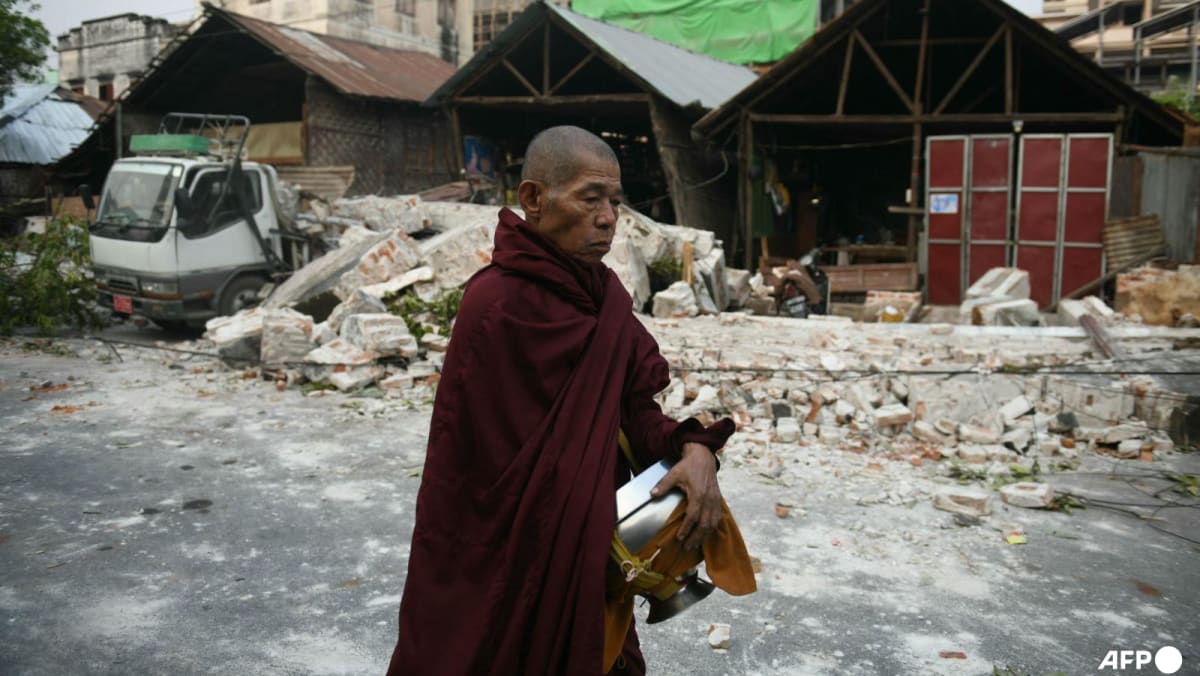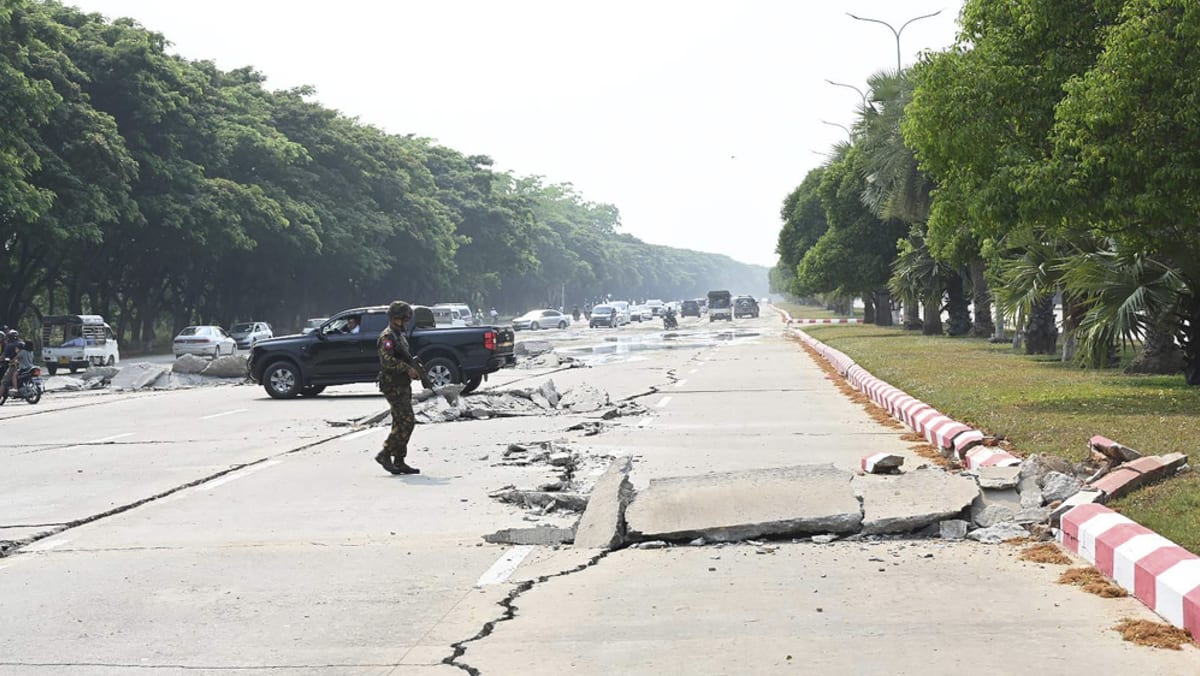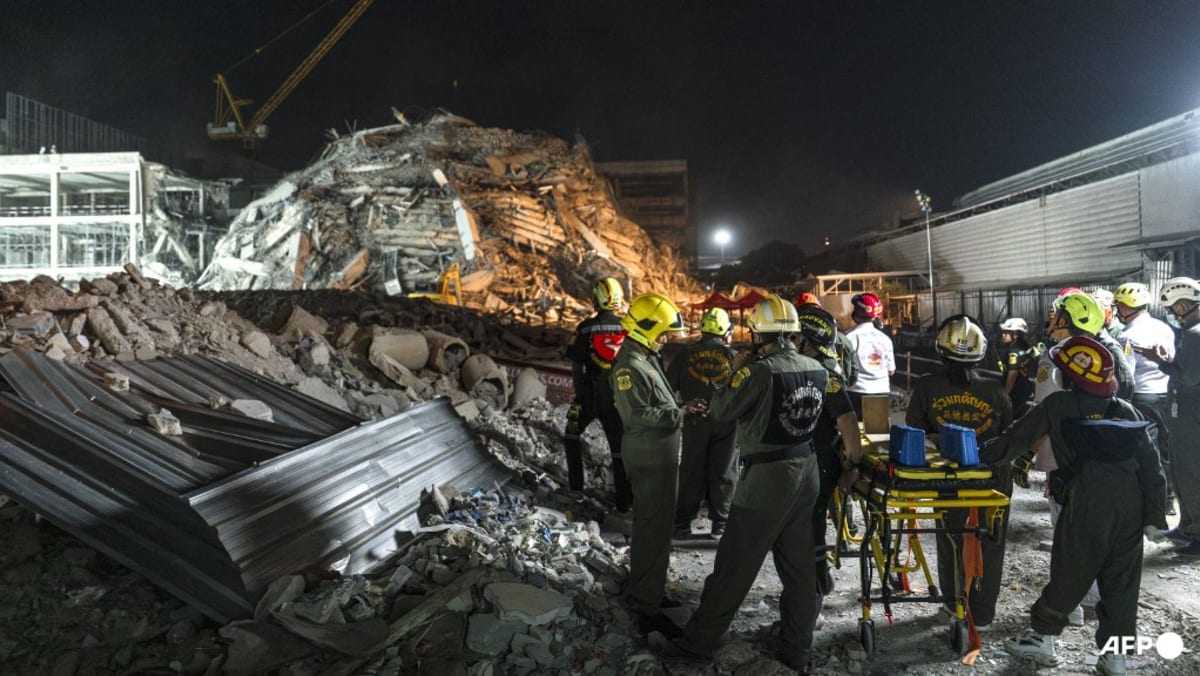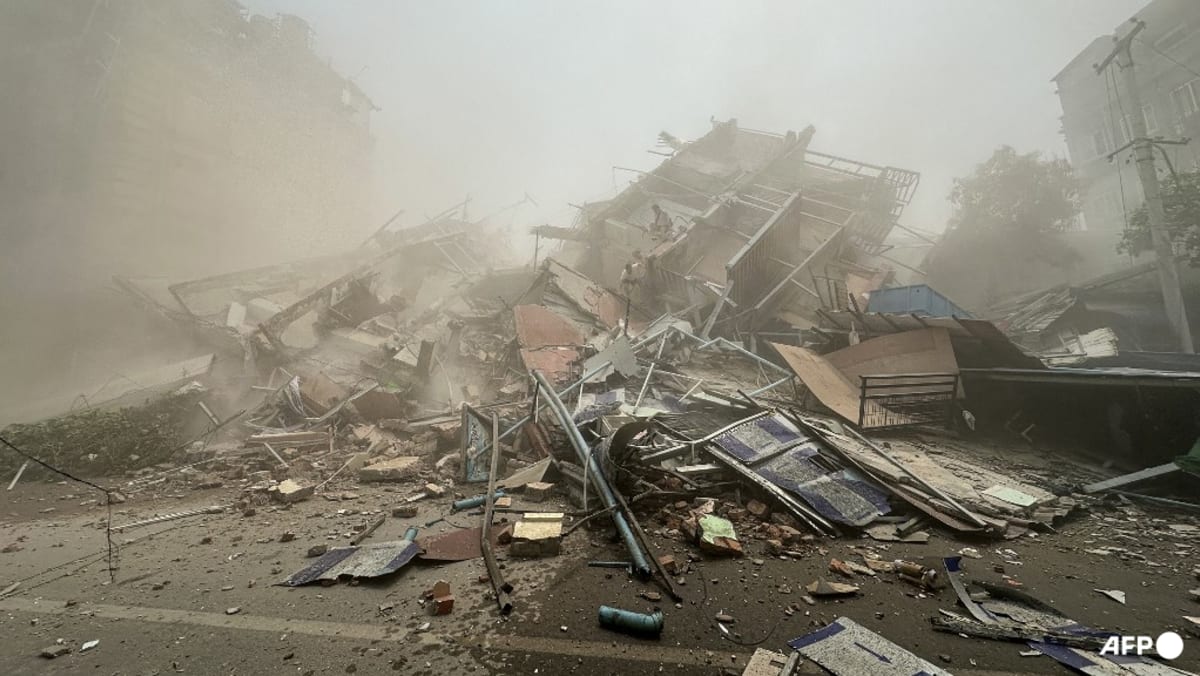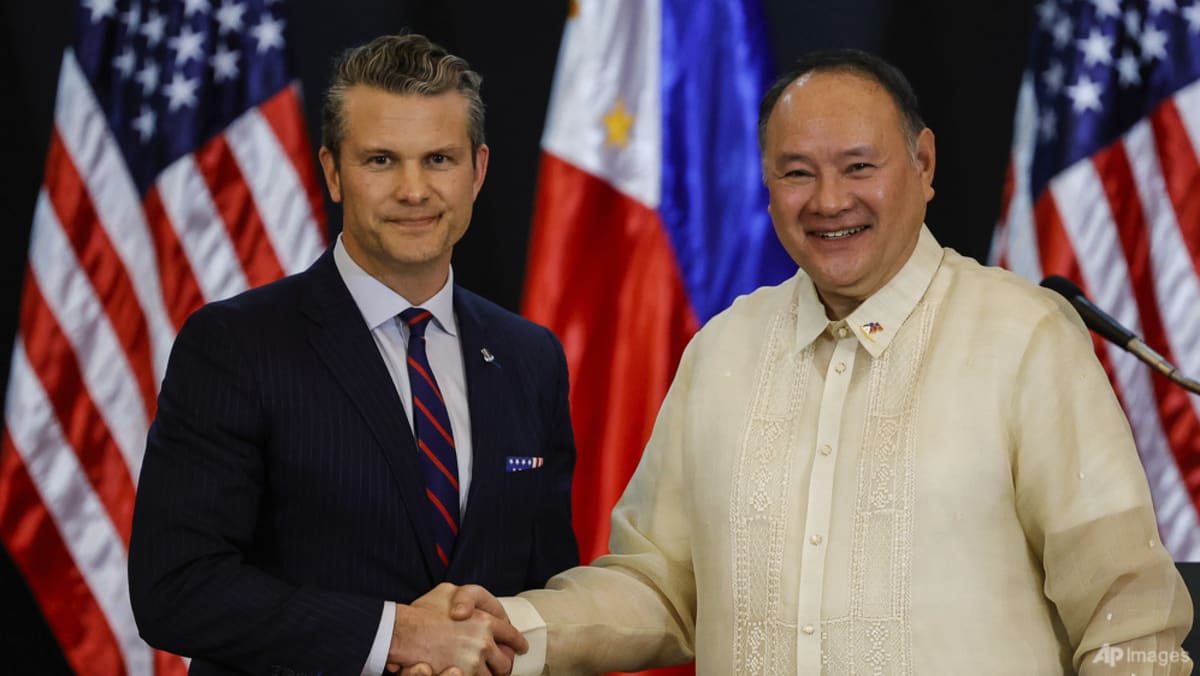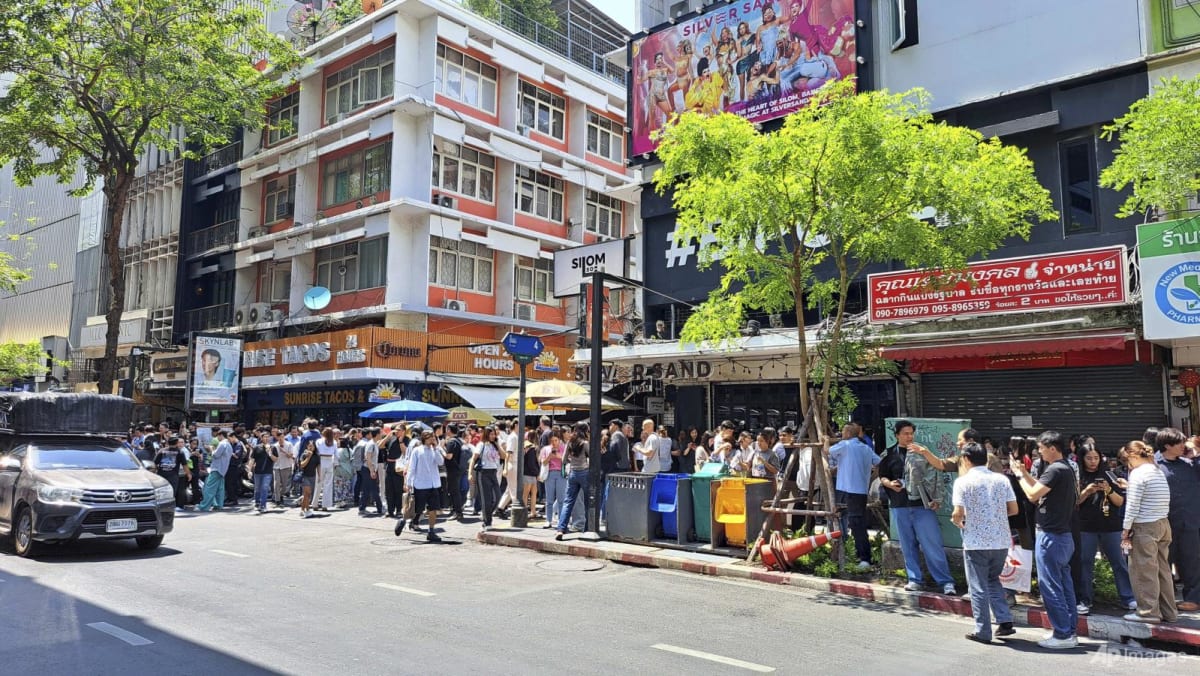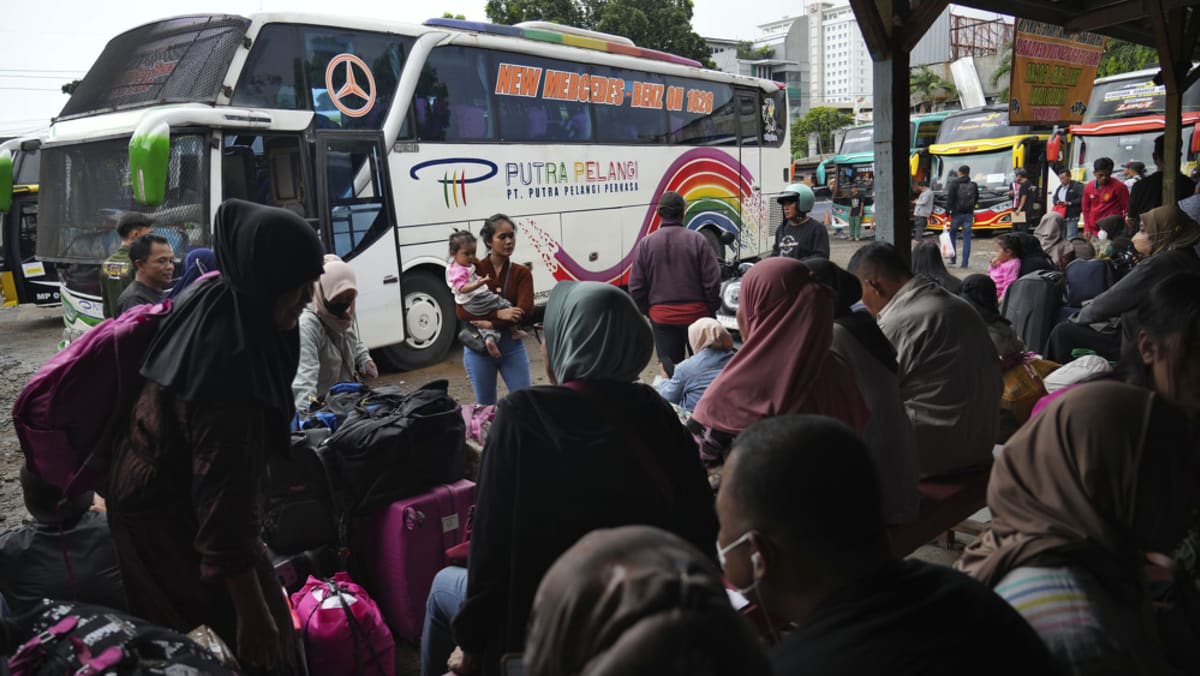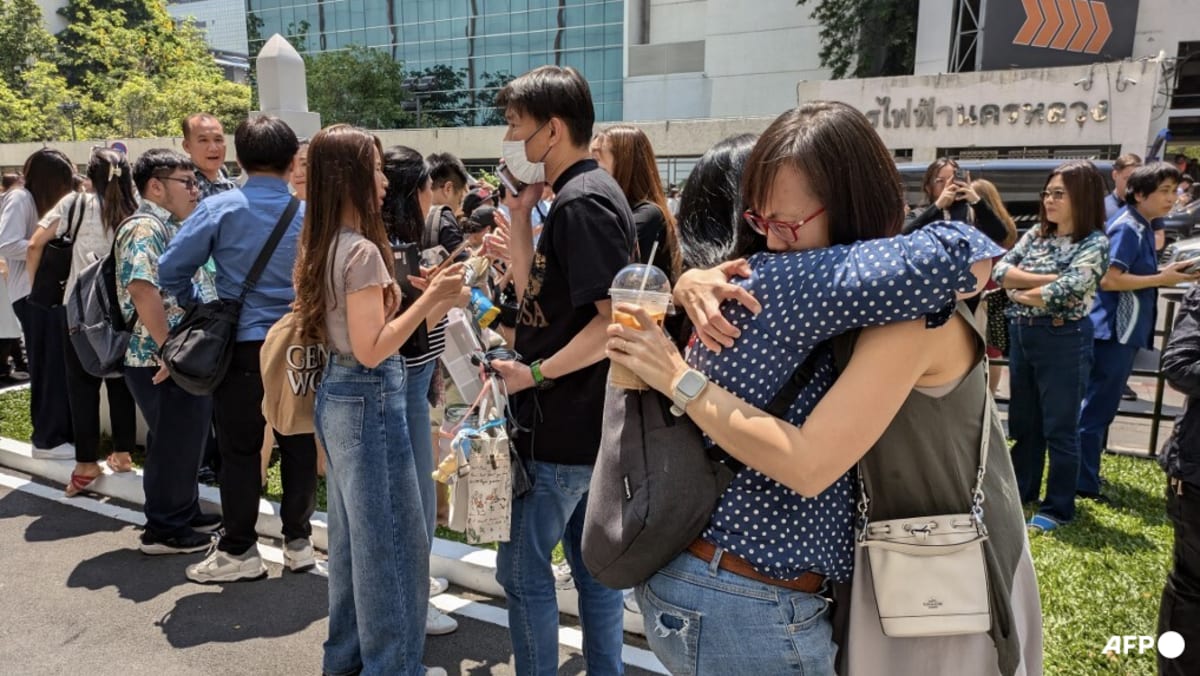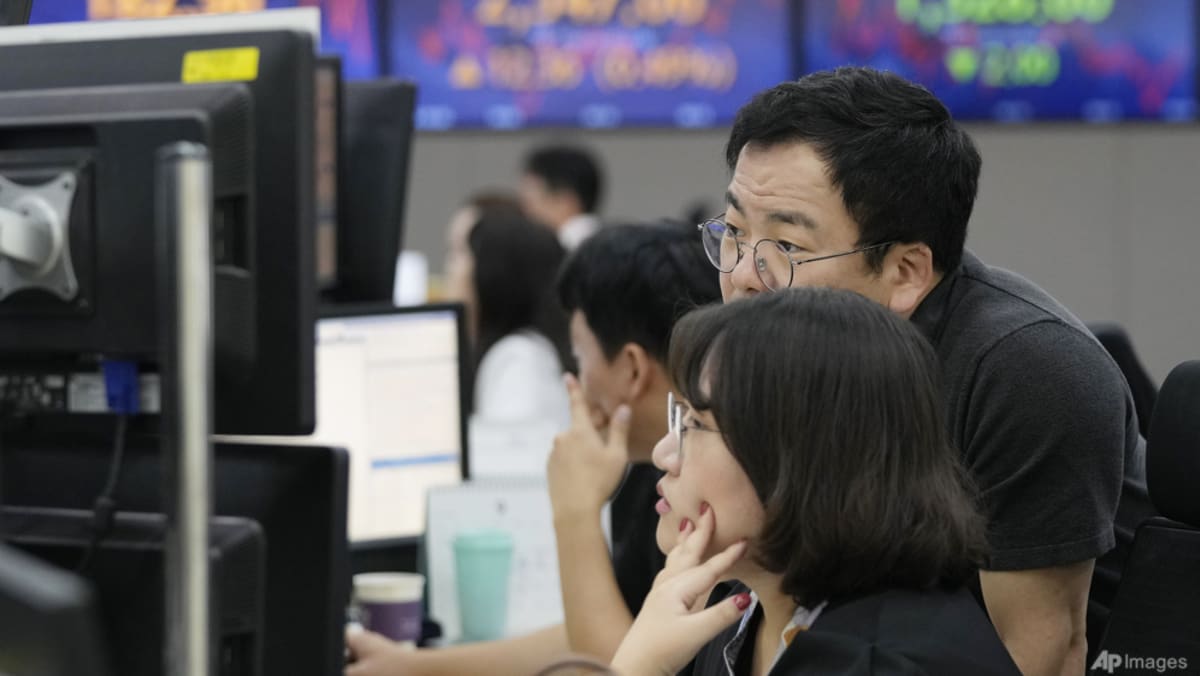Commentary: To hold Big Tech accountable, focus on the harms

NOT AS SIMPLE AS FREE SPEECH VS CONTENT MODERATION
Until they do that, it’s not clear how licensing social media would prevent the kind of cyberbullying that led to Esha’s death, even though it’s hard to imagine anyone would argue that trolling a woman online with threats of violence would constitute free speech.
We have to start somewhere. Malaysian lawmakers are looking into criminalising cyberbullying and finding ways to up the accountability of platforms – even without the licensing law.
Officials said TikTok pledged to look at what went wrong with Esha’s case and offer full support, including increasing the number of livestreaming and Tamil language moderators. More than anything, it seems that simple step could’ve helped prevent the attacks on the influencer the most.
The battle is a sobering reminder that these platforms – now so large and powerful – cannot be relied on as the main vehicles of civic discourse. They are not printing presses or town squares, they are businesses with growth models that are inherently opposed to social cohesion.
Divisive, inflammatory content often drives better user engagement than more complicated or boring truths. It’s not as simple as free speech versus content moderation, no matter how many times Musk tweets this and then orders his workers to amplify it.
Policymakers should laser in on the actual harms as they craft regulation. Malaysia’s vibrant society has shown resilience in rebuffing attempts to repress speech, but mounting online abuses have also exposed a need for more safeguards. How this showdown plays out could serve as a testing ground for other jurisdictions.
Where to get help:
Samaritans of Singapore Hotline: 1767
Institute of Mental Health’s Helpline: 6389 2222
Singapore Association for Mental Health Helpline: 1800 283 7019
You can also find a list of international helplines here. If someone you know is at immediate risk, call 24-hour emergency medical services.
Source: CNA


